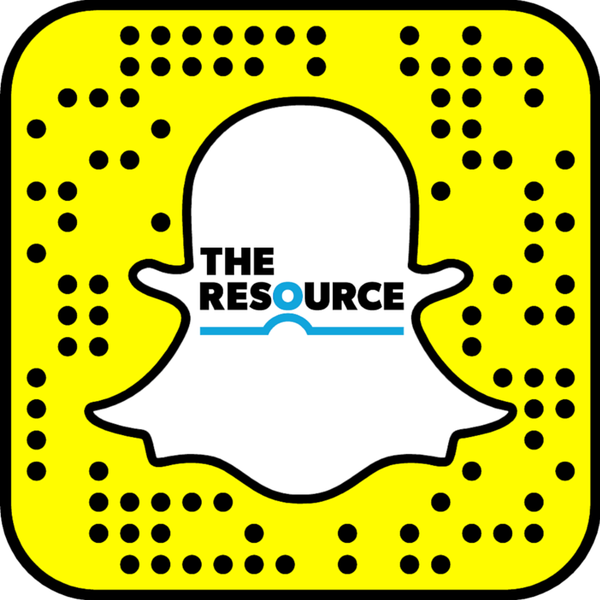It’s exciting when you spot a job listing that perfectly matches everything that you’ve been hoping to find. Thoughts of securing your dream job dance happily in your head. You even picture yourself proudly walking into your new company on your first day.
And then a bucketful of cold reality is thrown in your face. You’re not the only jobseeker who read this ad. As a matter of fact, there were at least dozens of others who saw it. How are you going to set yourself apart from all that competition?
Well, you know that the first impression you’re going to make on a hiring manager will come through your resume, and they’ll probably only spend about 30 seconds looking it over. That’s not a lot of time to ensure that your resume’s next stop is the “keep” pile.
First of all, here are four things that don’t belong on your resume. Avoid them, and you have a good chance of staving off elimination:
Your Objective
Your objective at this point is to get hired, and your prospective employer knows that. Rather than writing a resume objective that lists the things you want to get from the job, tell them about the value you can add to their company. Back it up with specific highlights of any of your skills and accomplishments that would transfer seamlessly to this employer. Sell the hiring manager on choosing you for a face-to-face interview.
Hobbies and Volunteer Work
It used to be acceptable to list your hobbies, but today’s resume is focused on showing a potential employer how you will bring value to the organization. Unless your hobbies can do that, it’s best to leave them off.
Volunteer work can be listed if it’s relevant to your career focus. For instance, if you are applying for an assistant elementary teacher’s position and you previously did volunteer work as a teacher’s aide, you should add that.
Unnecessary Words, Especially Buzzwords
Every word on your resume counts as long as it describes your skills and accomplishments. Words that are self-explanatory or meaningless are a waste of space. And avoid all those trendy buzzwords. The hiring manager may not be interested in you “thinking outside the box” or that you have developed “synergy” with your current team. Letting them know that you’re a “go-getter” doesn’t mean much unless you can relate it back to the specifics of how you can help the organization.
Personal Information
As mentioned, employers want to know what qualifications you have and how well you’ll fit into their culture. They don’t need to know these things:
- Marital status
- Race
- Sexual orientation
- Religion
- Date of birth
- Height or weight
- Political affiliation
- Unrelated hobbies
It’s not legal for employers to ask about some of these and the rest are not relevant to the hiring process, so don’t waste the space or their time by including them.


